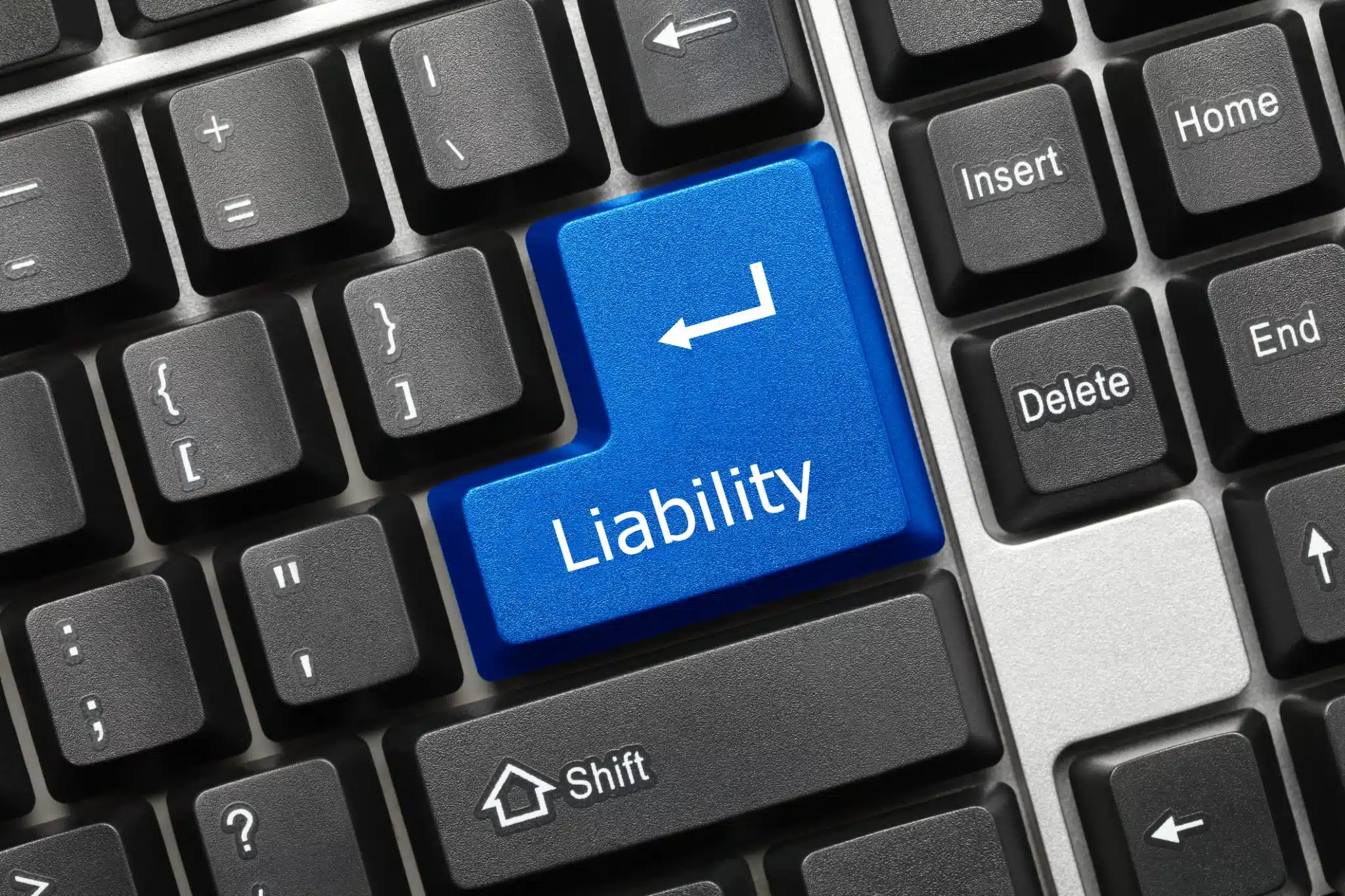The Ontario Government is proposing to provide protection from the legal liability which would otherwise result from the negligent spread of COVID-19. This protection would apply to any individual who made good faith efforts to act in accordance with public health guidance in responding to COVID-19. The proposed Supporting Ontario’s Recovery Act, 2020 had its first reading on October 20, 2020. The Act will provide immunity from liability to anyone who, in good faith, followed public health directives. It will eliminate most causes of action against those individuals arising from exposure to COVID-19. Only in the case of gross negligence or if there is an employer-employee relationship involved will a cause of action not be barred.
The Act raises some important legal issues.
No Objective Standard of Care
Although the Act defines good faith to include honest efforts, it deliberately excludes consideration of whether those efforts were reasonable or not. Without an objective reasonableness standard to judge a defendant’s conduct by, how will it be determined that there was an honest and good faith effort?
Without an objective standard of reasonableness, there will never be a legal standard of care to compare a defendant’s claim of honest effort to. This undermines the traditional foundation of the law of negligence. In tort law, the conduct of the defendant is compared to the community’s standard of reasonableness in order to determine personal liability.
By contrast, under the Act, the defendant’s efforts need only be honest even if they are not reasonable. This means that, as long as the defendant made an honest effort to follow public health directives, a person who caught COVID-19 because they acted unreasonably will have no cause of action. It is unlikely that members of the general public, including potential jurors, will appreciate the difference in law between honest efforts and reasonable efforts.
The Meaning of Public Health Guidance
The definition of public health guidance in the Act is extremely broad. It includes all advice, recommendations, directives, guidance, or instructions given or made in respect of public health. It does not matter what form or manner of communication is involved. This means that honest efforts do not need to be made in compliance with a government’s published directions; the honest efforts can be based on almost any form of communication. In fact, any federal or provincial government agency, or employee of an agency, and any municipality, or employee of a municipality, are included in the list of government representatives who can communicate guidance.
The effect of this broad definition of public health guidance is that a person may be protected from liability if they establish that they honestly followed instructions which came from any employee of any municipality or government agency and this immunity will be available even if their actions were not objectively reasonable.
Section 15 of the Charter of Rights and Freedoms
Will the Act stand up to a challenge under of the Charter or will it be struck down for discriminating on the basis of physical disability? Although the Act bars all COVID-related actions, it will have a seriously negative impact on any individuals left permanently disabled as a result of catching COVID-19. The Act will prevent these individuals from suing the person(s) responsible for their impairments in order to obtain the money they will need to cover their income losses and the cost of their future medical treatments and attendant care.
Preventing those left with permanent disabilities due to negligent exposure to COVID-19 from suing for damages will have an unequal effect on these individuals. The court may find that the Act unjustifiably infringes section 15 of the Charter because of this disproportionate impact.
Conclusion
The Act is still in the early stages of the parliamentary process and may not get passed. However, there will be many innocent people in Ontario who will suffer financially if the government proceeds with its intention to protect negligent individuals from COVID-related liability. If the Act does pass into law, it will undoubtedly face a Charter challenge. In that case, it will likely be left to the Supreme Court of Canada to determine whether those who are left permanently disabled due to negligent exposure to COVID-19 can be precluded from obtaining compensation from the responsible person(s).
This blog post was written by Edward (Ted) Masters, a member of the Disability Insurance Claims and Personal Injury teams. He can be reached at 613-566-2064 or at ted.masters@mannlawyers.com.








